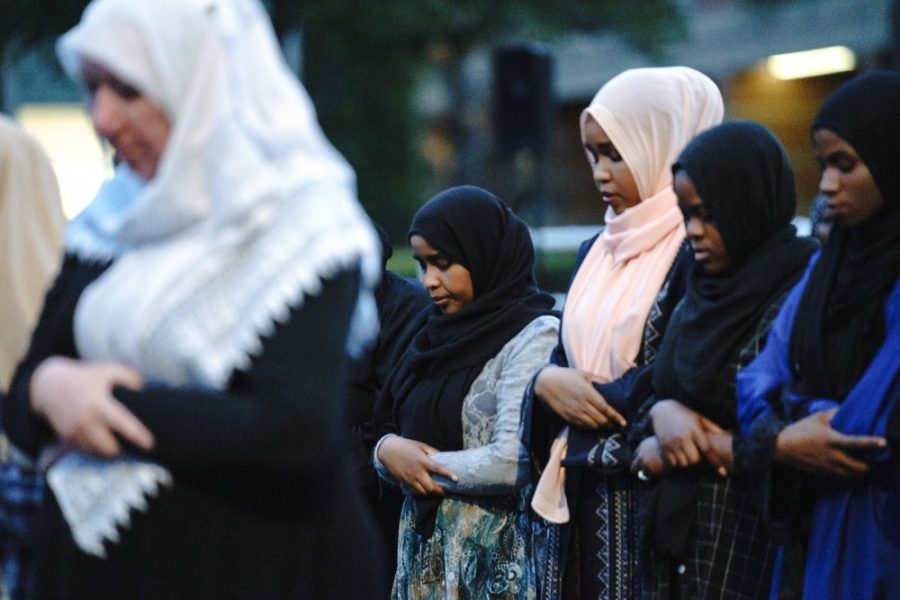Last week, Israeli Prime Minister Benjamin Netanyahu and President of the Palestinian Authority Mahmoud Abbas had a long overdue face-to-face meeting, opening up the first high-level peace talks in years. The two leaders were cordial and pledged to work diligently on the issue, and while there’s no doubt both sides want an end to the conflict, one must question the sincerity of the Israeli government’s desire to reach an actual comprehensive agreement.
Netanyahu must decide whether or not to extend a moratorium on the construction of settlements in the West Bank. Until he does so, it will remain impossible to know whether the prime minister can give the necessary concessions to the Palestinians that would lead to peace, or if he simply wants to improve his country’s tarnished image abroad by temporarily extending an olive branch.
There are currently 300,000 Israelis estimated to be living in Jewish settlements in the West Bank. Unlike the vast majority of people living in Israel, these settlers are often ultra-orthodox, far right and occasionally militant. Unfortunately, the settlers and their supporters also make up a vital part of Netanyahu‘s fragile governing coalition. In the last election, the prime minister’s center-right Likud Party didn’t win a majority of the vote and was forced to join with other parties to form a government. This coalition is comprised of parties on the far right, including the ultranationalist Yisrael Beiteinu, which opposes any peace deal whatsoever, and the orthodox Shas Party, which heavily sides with the settlers. In order to stay in power, Netanyahu needs to keep these parties satisfied, further complicating any chance for real peace.
The settlement issue is very important to the Palestinians and any approval of further construction by the Israeli government will no doubt derail any chance for peace in the near future. Ideally, most Palestinians would like to see a two-state solution based on the borders before the 1967 Six-Day War, including the West Bank, East Jerusalem and the Gaza Strip. Israeli settlements make this very difficult to obtain, as removing the settlers would be politically damaging for Israel, and could possibly lead to violence. It should also be mentioned that throughout the last 30 years, some politicians on the Israeli right have actually argued that settlements are necessary in order to prevent the Palestinians from being able to claim much of the West Bank in the future.
If Netanyahu is truly serious about peace, he needs to extend the moratorium on settlement construction that’s scheduled to expire at the end of this month. Not only are settlements an example of Israeli aggression, they are illegal under international law. While the prime minister’s coalition puts him in a truly sticky situation, he must defy the far-right fringe in the interest of long-term peace. Such an action could cause his coalition to break, but the far right needs to remember that if they walk away, they’ll only be replaced by a more pro-peace agreement, center-left government.
If Netanyahu does extend the moratorium, there will still be the difficult so-called “”final status”” issues to decide, such as the status of East Jerusalem, whether a Palestinian state is to be armed, water rights for the two states and the entire issue of the Gaza Strip. Obtaining a peace agreement that encompasses all these issues will be extremely difficult to forge and will take a lot of patience, hard work and compromise on both sides. Netanyahu and Abbas mustn’t give too much attention to the fringe elements on their respective sides. It’s unlikely that much will come out of these most recent talks, but as a sign of good will, Netanyahu must extend the moratorium, or else all the recent diplomatic grandstanding between the two leaders will have been for nothing.
— Andrew Shepherd is a political science senior. He can be reached at
letter@wildcat.arizona.edu.









